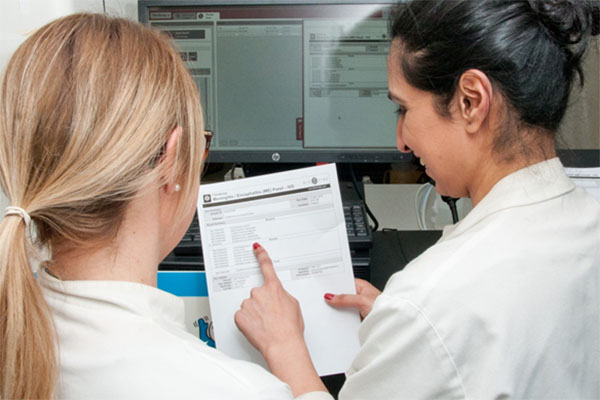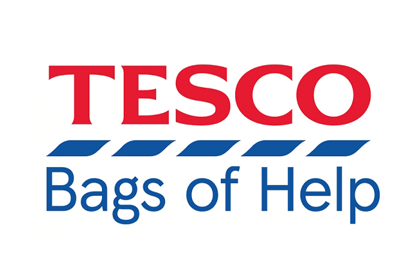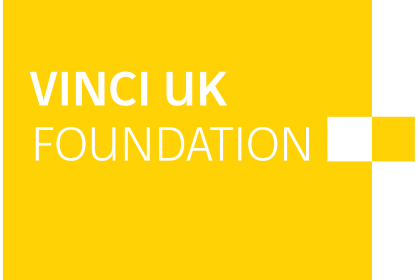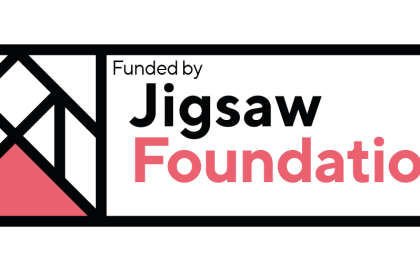In the last year, over 7,250 babies and children attended the Assessment Unit and Inpatient Ward of the Starlight Unit at Wythenshawe Hospital. This number has been increasing year on year. On admission, and throughout their stay, these patients will have their vital signs measured to assess and monitor their health. Readings of blood pressure, temperature, heart rate and blood oxygen gives clinicians essential information.
Due to high demand and frequent use, the Starlight Unit needs extra and replacement monitoring equipment. We have recently provided one Spot monitor with funds from our Manchester Appeal. This new model is able to wirelessly transfer the readings to a digital record which ensures accuracy and time efficiency.









